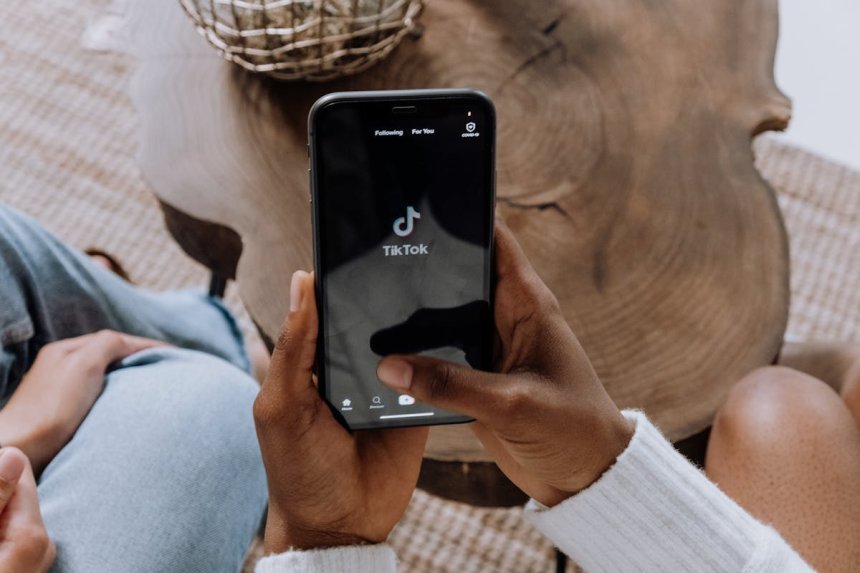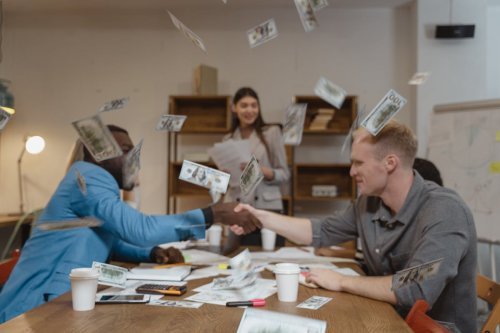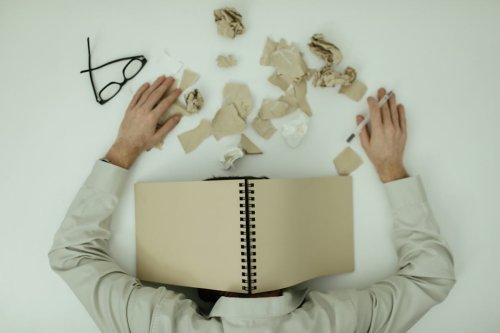The Billboard Chart Is Broken—How TikTok Hijacked the Music Industry in 2025
This post breaks down exactly how TikTok flipped the music world upside down—and why ignoring it now could leave artists, producers, and even major labels stuck in the past.

If you're still measuring a song’s success by radio plays or Spotify streams—wake up. You're missing the entire game.
In 2025, the music industry isn’t run by record labels or chart committees. It's run by TikTok users in hoodies dancing in their bedrooms.
Crazy, right? But true.
We’re talking about an app that once hosted lip-syncing teens and now decides which artist gets a record deal, whose tour sells out in seconds, and even what genre becomes popular next. If you think that’s an exaggeration—just ask anyone under 25 how they found their last favorite song.
This post breaks down exactly how TikTok flipped the music world upside down—and why ignoring it now could leave artists, producers, and even major labels stuck in the past.
Viral First, Talent Second: The New Music Gatekeeper
Here’s the twist nobody saw coming: a 15-second clip can now outrank a full album.
Forget grinding your way up through gigs and late-night FM shoutouts. In 2025, songs blow up before they hit Spotify—because some random creator danced to them, or because the chorus hit just right during a slow-mo dog video.
Let’s be real: this has both good and bad sides.
The Good:
- Unknown artists can go viral overnight without a label.
- Independent creators have more control than ever before.
- Niche genres (lo-fi rap, bedroom pop, even sea shanties!) can dominate, thanks to TikTok’s algorithm—not industry bias.
The Not-So-Good:
- Labels now scout for trends, not talent.
- Artists feel forced to make “TikTok-friendly” music—short hooks, meme-worthy beats, dramatic drops.
- Albums? Almost dead. Singles rule.
TikTok didn’t just change how we find music—it changed why music gets made in the first place.
Soundtracking the Scroll: Why Hooks Matter More Than Verses
You’ve probably noticed: most TikTok songs start with a bang. Not a slow intro. Not a buildup. A line or beat that makes you stop mid-scroll.
That’s not an accident. That’s strategy.
Creators know the first 3 seconds of audio make or break a video. So artists now write music to fit that window.
Think: catchy lines like “I ain’t never been with a baddie” or hard-hitting beats that start immediately.
Producers are cutting intros. Labels are demanding more “hookable” sounds. Even remixes are getting sliced up just to fit a 12-second dance routine.
In other words: music isn’t just for listening anymore—it’s for performing.
Micro-Genres, Fan Cults, and the Rise of the “TikTok Aesthetic”
Remember when everyone had the same 10 artists on their playlist?
That era's gone.
TikTok’s algorithm is hyper-personal. It feeds users the sounds their niche loves. So now we’ve got:
- Coquette-core playlists
- Dark academia jazz edits
- Slowed + reverb heartbreak remixes
- #Blokecore UK drill compilations
And all of these come with aesthetic fanbases. Like, people dressing, talking, and vibing based on a song's mood.
It's not just music anymore. It's lifestyle.
This also means more opportunities for unknown artists. You don’t need mass appeal—just the right niche. If your song hits the right vibe for one TikTok subculture? Boom. You’re golden.
Labels Are Panicking—and Signing TikTok Stars Instead
Let’s spill the tea: record labels aren’t adapting. They’re reacting.
The old-school A&R scout who used to tour dive bars looking for raw talent? Replaced by interns scrolling TikTok 12 hours a day.
What does that mean?
- Labels now sign influencers first, then give them vocal coaches.
- They pay creators to use new songs—before they’re even released.
- Some execs care more about views per video than vocal range.
And yes, this has led to some… interesting careers. (Ever seen a viral TikToker bomb on stage? Awkward.)
But the pressure is real. Labels know that if they don’t chase trends, they’ll miss the next Ice Spice or JVKE. The music business has turned into a trend-chasing game of whack-a-mole.
The Algorithm Is the New Radio DJ—and It’s Ruthless
Radio once had gatekeepers. Programmers, DJs, producers. Now? TikTok’s algorithm is the DJ. And it doesn’t care about fairness.
You could drop the best song of your life—and it could flop if TikTok doesn’t pick it up.
Meanwhile, a 7-year-old meme remix of a flute solo might suddenly hit 10 million views. (Not joking. It’s happened.)
The result? Artists are experimenting like crazy.
- Old hits are getting sped up or slowed down for trends.
- International songs (like Thai pop or Brazilian funk) are going global.
- Even classical music is being reimagined as dramatic TikTok “soundtracks.”
The algorithm rewards boldness—and punishes anything that feels “safe.”
Live Shows? TikTok’s Still in the Room
Think TikTok stops at your phone? Nah.
Artists now:
- Recreate viral TikTok moves on stage
- Add “TikTok moments” to live performances
- Let fans film mini-skits during shows for content
Even concerts are becoming content farms. Artists don’t just want you to enjoy—they want you to post. Because that drives new fans, ticket sales, and brand deals.
Heck, some tours are now sponsored by TikTok itself.
Let that sink in.
Not All Artists Are Thrilled—And That’s Valid
There’s a dark side to all this, too.
- Artists feel pressured to be content creators.
- Music quality sometimes takes a backseat to virality.
- Burnout is real—when your job is to be “always online.”
Some musicians miss the days when they could disappear for a year, work on an album, and return with something deep and meaningful.
Now? If you vanish for 2 weeks, the algorithm forgets you ever existed.
Yes, TikTok made music more accessible. But it also made it more disposable.
So, Is TikTok Good or Bad for Music?
Here’s the kicker: it’s both.
TikTok gave power to the people. It broke down industry walls. It made stars out of nobodies. That’s amazing.
But it also:
- Shortened attention spans
- Pressured artists to prioritize content over craft
- Made “virality” the new currency of success
The music industry isn’t dead—it’s just mutated.
So the real question isn’t “Will TikTok ruin music?”
It’s: Will music evolve faster than TikTok changes again?
Your Turn: Will You Adapt—or End Up Obsolete?
Are you an artist stuck in the old model—or are you using TikTok to build your own lane?
If you’re a fan, are you listening for music—or just the next trend?
Drop your thoughts below. Because in 2025, your voice on TikTok might just shape the future of sound.
Share
What's Your Reaction?
 Like
0
Like
0
 Dislike
0
Dislike
0
 Love
0
Love
0
 Funny
0
Funny
0
 Angry
0
Angry
0
 Sad
0
Sad
0
 Wow
0
Wow
0










